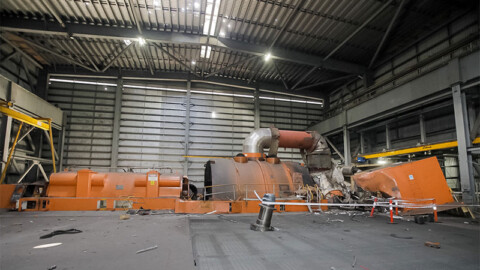The Federal Opposition’s Carbon Capture and Storage (CSS) plan to combat the climate crisis has drawn support from Australia’s peak oil and gas authority.
The Australian Petroleum Production and Exploration Association (APPEA) welcomed the announcement, claiming that the technology had bipartisan support.
APPEA Chief Executive, Andrew McConville, said CCS was a safe, large-scale, permanent abatement solution in the fight to reduce Australia’s CO2 emissions.
In 2019, the number of large-scale CCS facilities worldwide exceeded 50, with the capacity to capture and permanently store around 40 million tonnes of CO2 every year.
Since 1996, the global oil and gas industry has supported the practical deployment of CCS technology.
In Australia, the oil and gas industry has researched and deployed greenhouse gas storage technologies.
Mr McConville said Australia’s stable geology means it is well placed to benefit from this technology, and already several geological storage sites around the country, including in Victoria, WA and in Moomba, South Australia.
The Australian industry has privately funded several hundred million dollars undertaking detailed storage site and project scoping assessments in the Perth, Carnarvon, Browse, Bonaparte and Cooper Basins.
The Gorgon Project on Barrow Island, operated by Chevron, includes the Gorgon Carbon Dioxide Injection Project, the largest greenhouse gas abatement project undertaken by industry.
The project enables the safe underground injection and storage of between 3.4-4.0 million tonnes of CO2-e greenhouse gases per year, or around 100 million tonnes over the life of the project.
At the same time, Australia’s CCS capacity would have to be significantly increased in order to offset Australia’s overall greenhouse gas emissions.
In a single year, 2018, Australia produced a record high of more than 550 million tonnes of COT-e, over five times the entire lifespan capacity of the Gorgon project.
Nevertheless, Mr McConville said the bipartisan federal support marked an important step and provided assurance that with the right policy settings and incentives to accelerate CCS deployment, Australia could cement its global leadership in this technological solution.
“Accelerating the roll-out of CCS projects could assist in reducing emissions from the energy, industrial and power generation sectors,” he said.

















